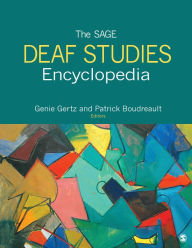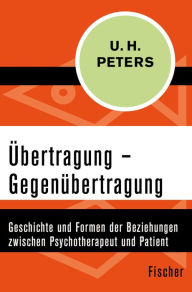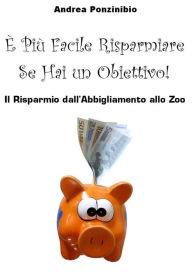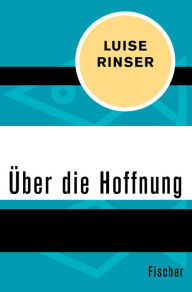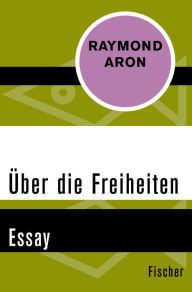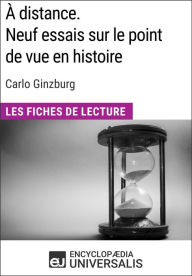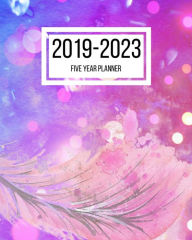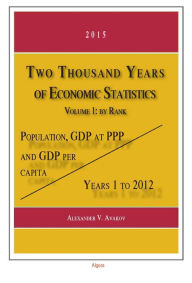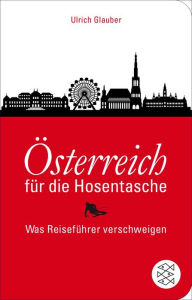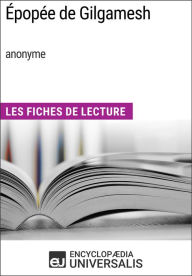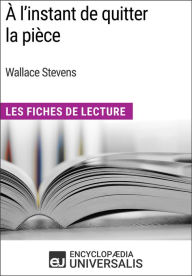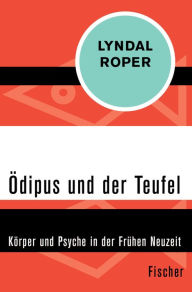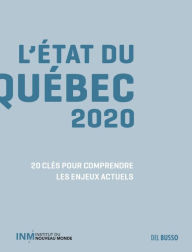The SAGE Deaf Studies Encyclopedia Genie Gertz Editor
by Genie Gertz
2020-07-25 18:30:00
The SAGE Deaf Studies Encyclopedia Genie Gertz Editor
by Genie Gertz
2020-07-25 18:30:00
The time has come for a new in-depth encyclopedic collection of articles defining the current state of Deaf Studies at an international level and using the critical and intersectional lens encompassing the field. The emergence of Deaf Studies p...
Read more
The time has come for a new in-depth encyclopedic collection of articles defining the current state of Deaf Studies at an international level and using the critical and intersectional lens encompassing the field. The emergence of Deaf Studies programs at colleges and universities and the broadened knowledge of social sciences (including but not limited to Deaf History, Deaf Culture, Signed Languages, Deaf Bilingual Education, Deaf Art, and more) have served to expand the activities of research, teaching, analysis, and curriculum development. The field has experienced a major shift due to increasing awareness of Deaf Studies research since the mid-1960s. The field has been further influenced by the Deaf community’s movement, resistance, activism and politics worldwide, as well as the impact of technological advances, such as in communications, with cell phones, computers, and other devices. A major goal of this new encyclopedia is to shift focus away from the “Medical/Pathological Model” that would view Deaf individuals as needing to be “fixed” in order to correct hearing and speaking deficiencies for the sole purpose of assimilating into mainstream society. By contrast, The Deaf Studies Encyclopedia seeks to carve out a new and critical perspective on Deaf Studies with the focus that the Deaf are not a people with a disability to be treated and “cured” medically, but rather, are members of a distinct cultural group with a distinct and vibrant community and way of being.
Less


